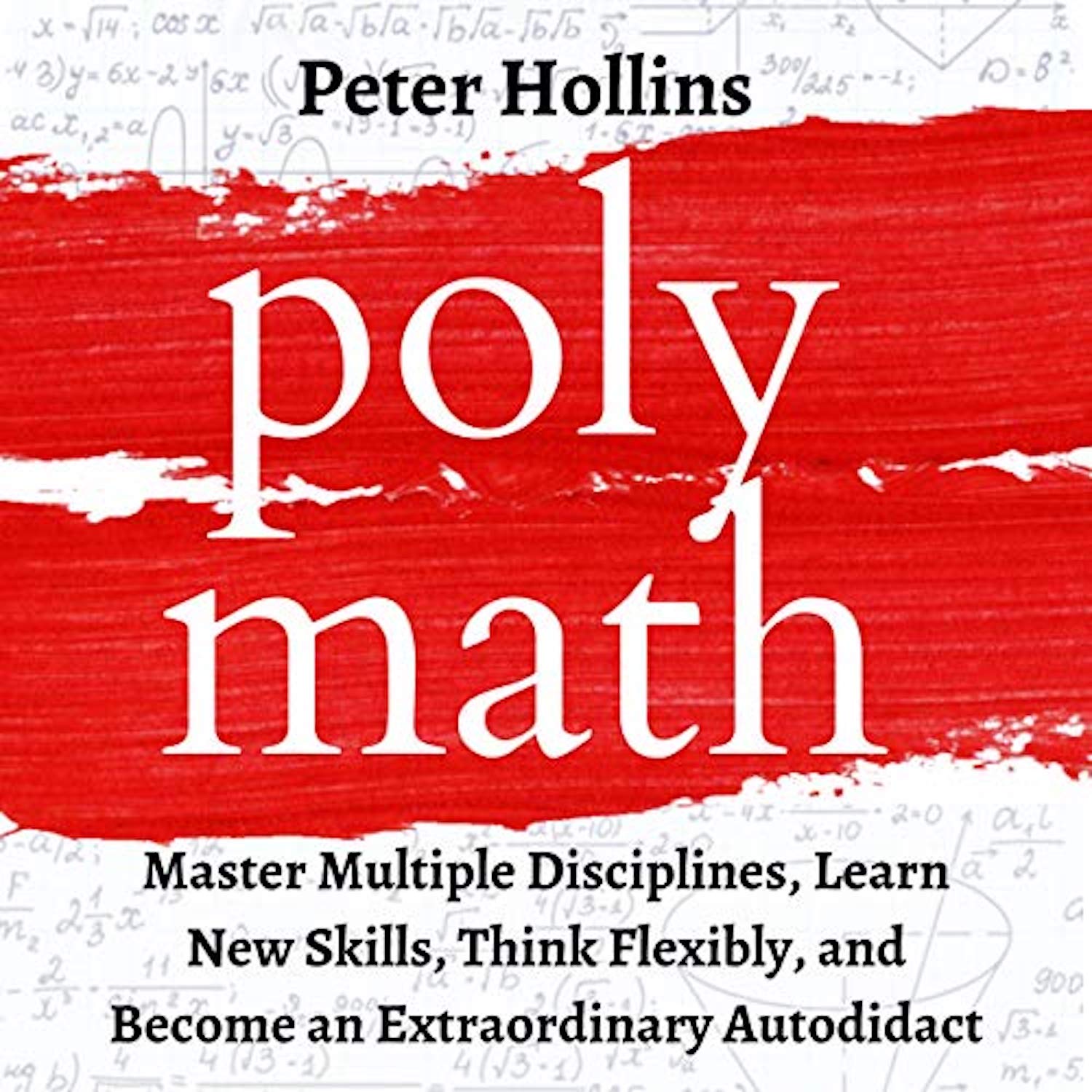Polymath. You Can Be One!

The set of knowledge that a polymath has may differ completely from another polymath, but at their cores, they are extremely similar. This is because of the drive, curiosity, and openness required to become pi or comb-shaped, as opposed to just T-shaped. For instance, do you think that someone like Leonardo da Vinci looked at a problem he was unfamiliar with and said, “Someone else will take care of that, I’m going to take a nap”? Probably not. The first mental trait of polymaths is extreme adaptability and openness. Whatever the obstacle, it can be navigated or circumvented. It can be solved. To achieve this, you must embody flexible and resourceful thinking, and not be bound by convention or personal habit. You must be open to new perspectives and the unfamiliar and novel. For instance, who was the first person to look at a cow’s udders and think that they should drink what comes out. Second, polymaths live experimentally. This isn’t to say that they are always conducting traditional scientific experiments; rather, they’re applying the scientific method by analyzing and investigating whatever they come across. They feel safe doing this and simply want to gain new information and sate their curiosity. It’s almost like they cannot stop themselves from doing it. Get the audiobook on Audible at https://bit.ly/polymathhollins Show notes and/or episode transcripts are available at https://bit.ly/self-growth-home Peter Hollins is a bestselling author, human psychology researcher, and a dedicated student of the human condition. Visit https://bit.ly/peterhollins to pick up your FREE human nature cheat sheet: 7 surprising psychology studies that will change the way you think. For narration information visit Russell Newton at https://bit.ly/VoW-home For production information visit Newton Media Group LLC at https://bit.ly/newtonmg